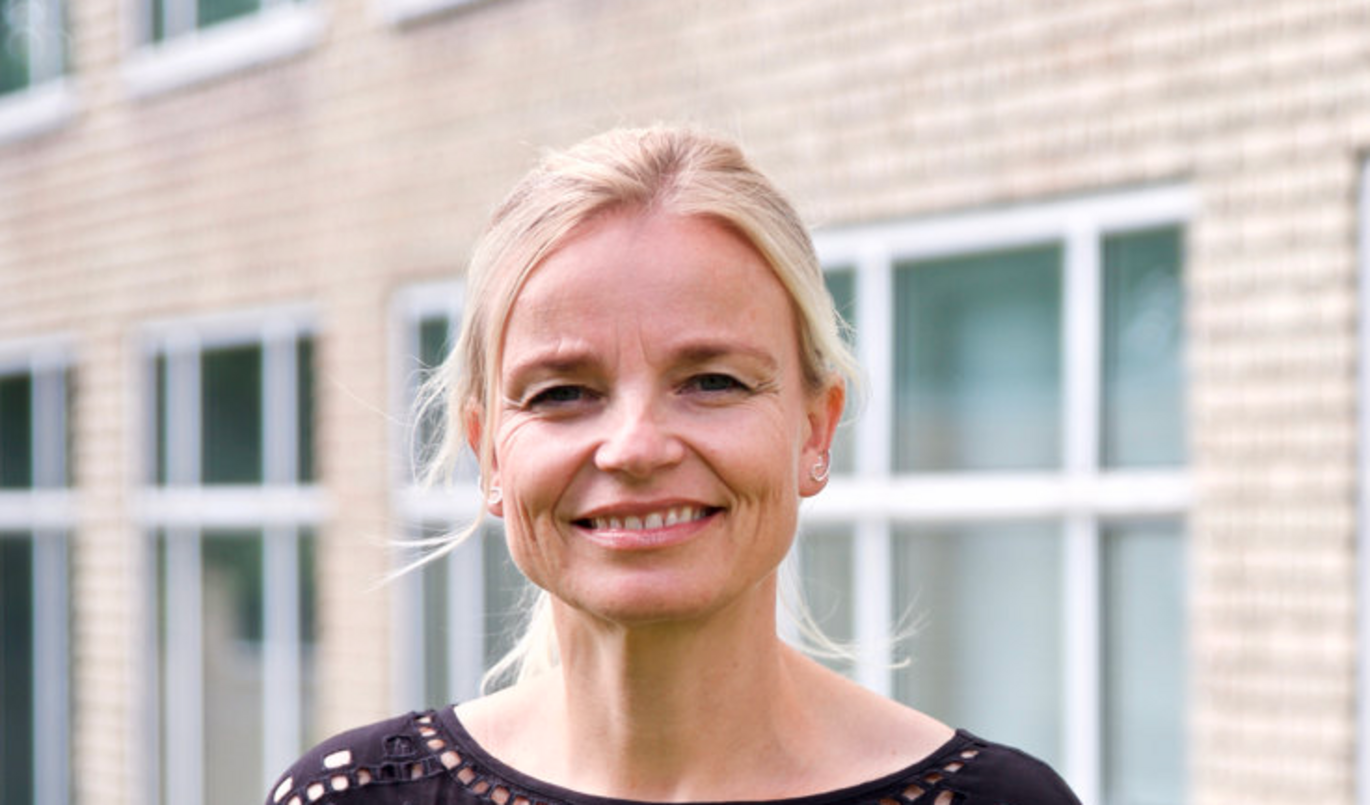More than every fourth young Dane suffers from jaw pain
Jaw pain is far more widespread among young Danes than experts have previously assumed.

More than one in four young people aged 18 to 23 struggle with jaw pain, shows a comprehensive new study conducted among nearly 12,000 young Danes.
"We were ourselves surprised by how many young people actually have problems with jaw pain. That so many also simultaneously have frequent headaches makes the result even more alarming," says Professor Lene Baad-Hansen from the Department of Dentistry and Oral Health at Aarhus University, who is one of the authors of the study.
Connection between psychological distress and physical pain
The researchers had expected a prevalence between 10 and 15 percent in women and 3 to 10 percent in men – an estimate that was based on international studies.
But the Danish research team found an overall prevalence of 26.4 percent in the study.
"We believe that the high prevalence may be due in part to our specific focus on young people, but there is possibly also a connection with stress factors related to the Covid-19 pandemic, where many experienced social isolation, uncertainty and changed study conditions. This may have led to increased tension," explains Lene Baad-Hansen.
Need for earlier intervention
The problem with jaw pain is generally underdiagnosed and undertreated, the researchers believe.
Many young people don't know that they can get help from the dentist, and therefore they often walk around untreated with the pain.
"The earlier one gets treatment, the better the chances are of avoiding the pain becoming chronic," says Lene Baad-Hansen.
Women are most often affected
The study confirms results from previous research showing that women are generally far more susceptible to chronic pain than men.
At the same time, the study shows that jaw pain is often accompanied by tension headaches or migraines.
"Patients should therefore be treated for both jaw pain and headaches simultaneously, and this requires collaboration between doctors, dentists and physiotherapists," explains Lene Baad-Hansen.
The study also shows that there is a clear connection between psychological distress and physical pain.
Previously, chronic pain was often viewed as a symptom of psychological problems, but researchers now point out that the relationship is more complex and mutually reinforcing.
"When you have chronic pain, it can negatively affect your mental health, and conversely, psychological distress can increase sensitivity to pain. It's a vicious circle that is unfortunately very difficult to break once it takes hold," says Lene Baad-Hansen.
The research team therefore recommends a holistic approach to treatment, where both the physical pain and any psychological distress are addressed simultaneously.
Behind the research results
Study type: Questionnaire survey/epidemiological cohort study
Collaboration partners: Better Health for Generations cohort, Statens Serum Institut
External funding: Independent Research Fund Denmark, Aarhus University Research Foundation
Potential conflict of interest: None
Link to scientific article: Prevalence of Painful Temporomandibular Disorders and Overlapping Primary Headaches Among Young Adults
Contact
Professor Lene Baad-Hansen
Aarhus University, Department of Dentistry and Oral Health
Phone: 51401984
Email: lene.hansen@dent.au.dk